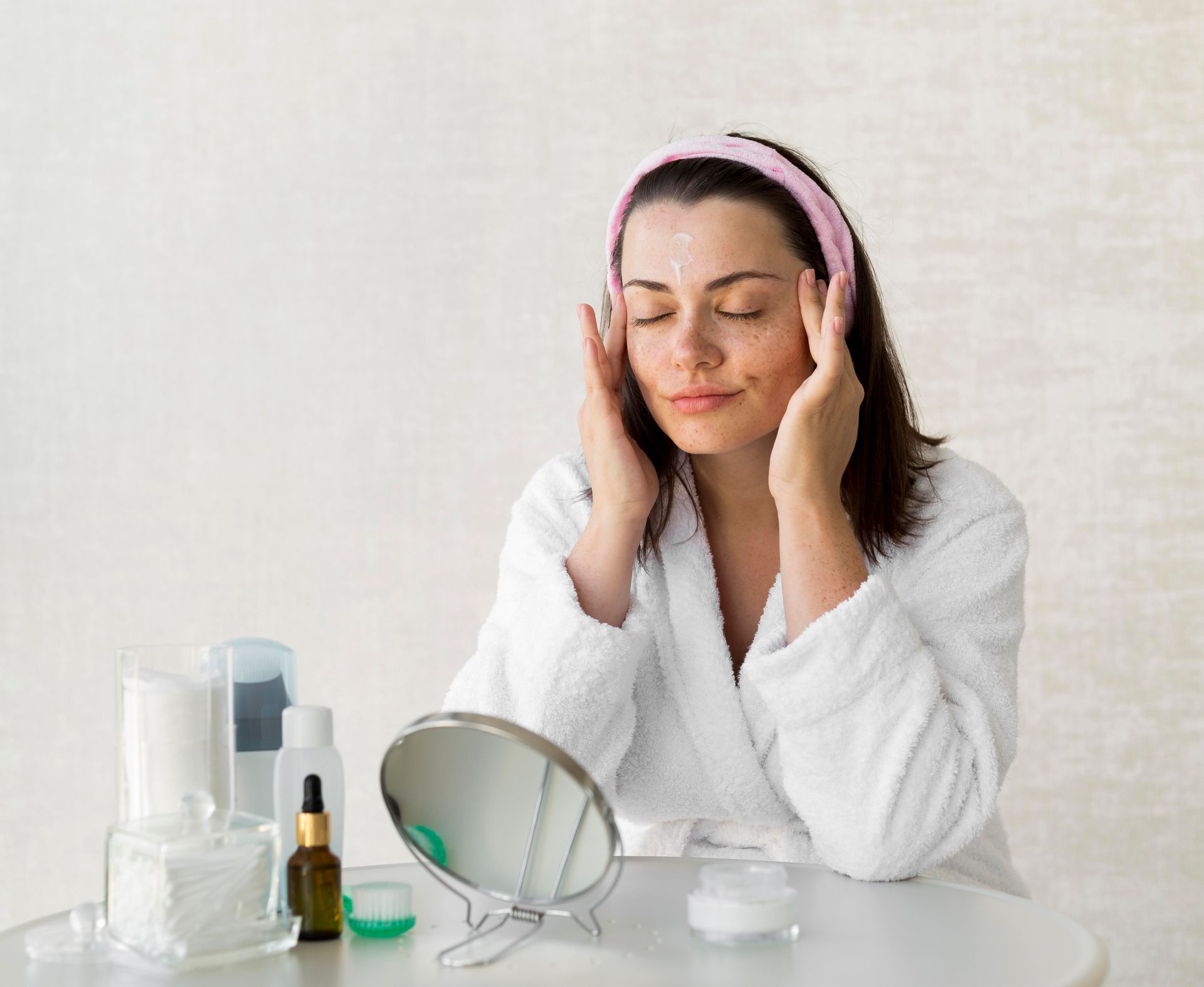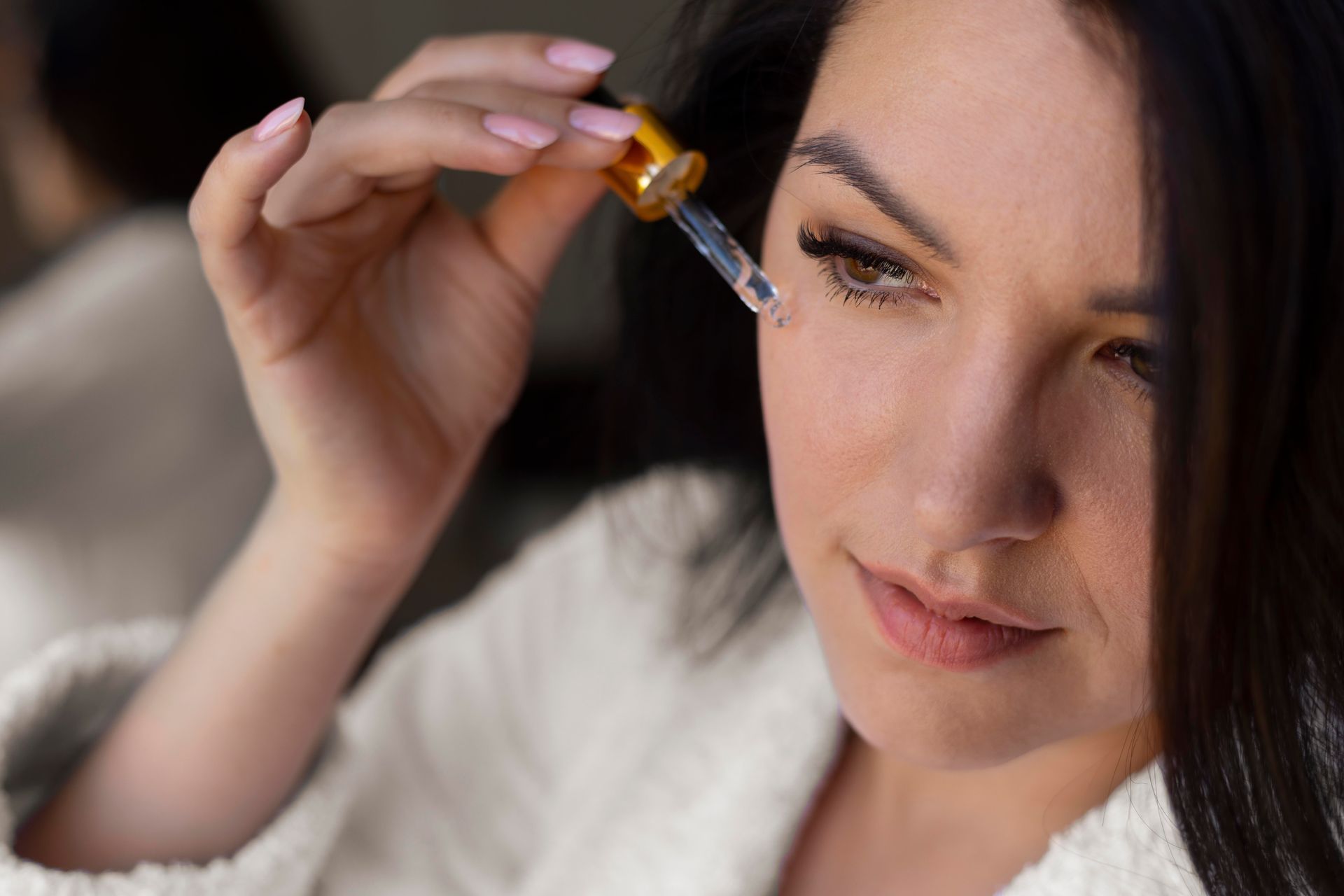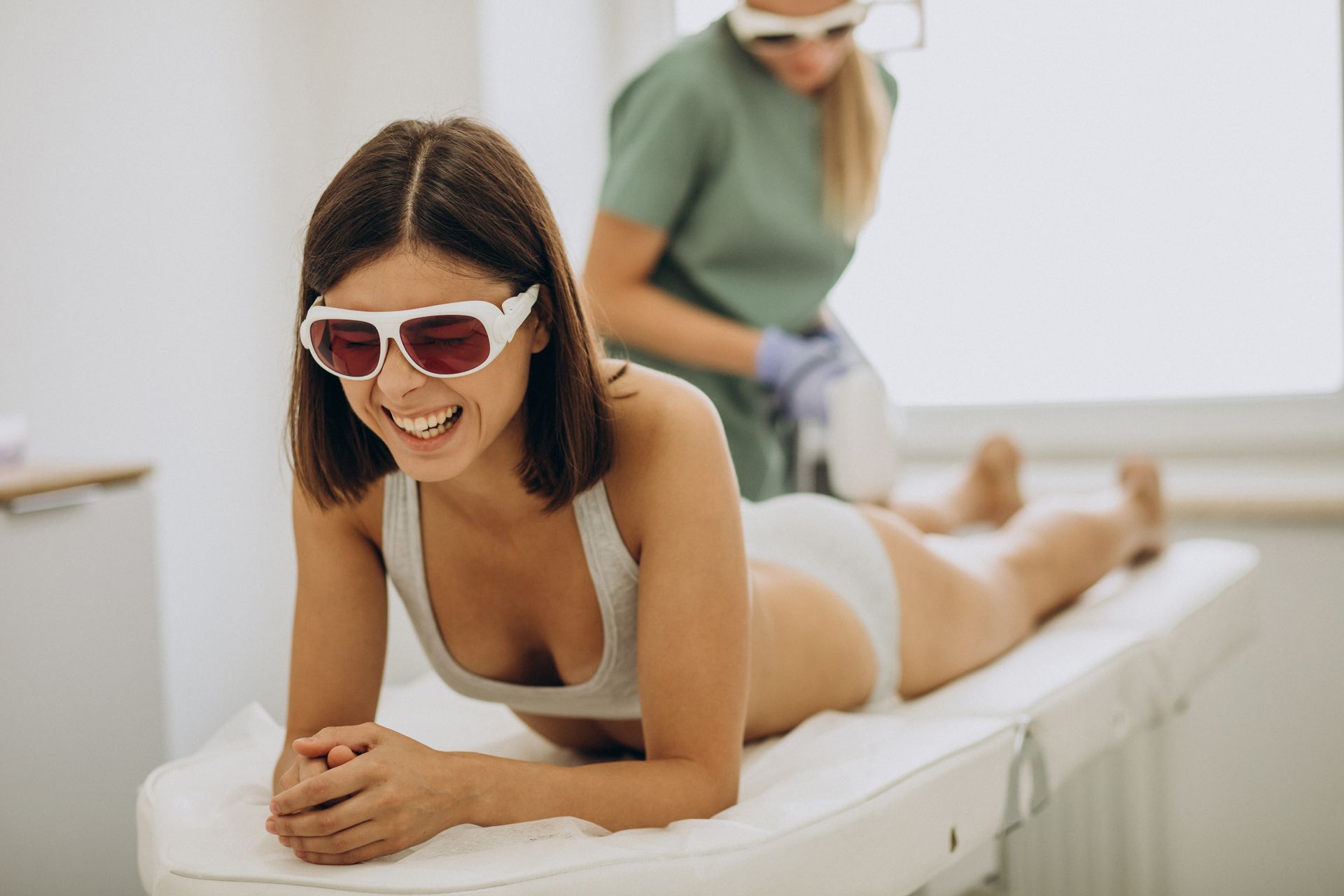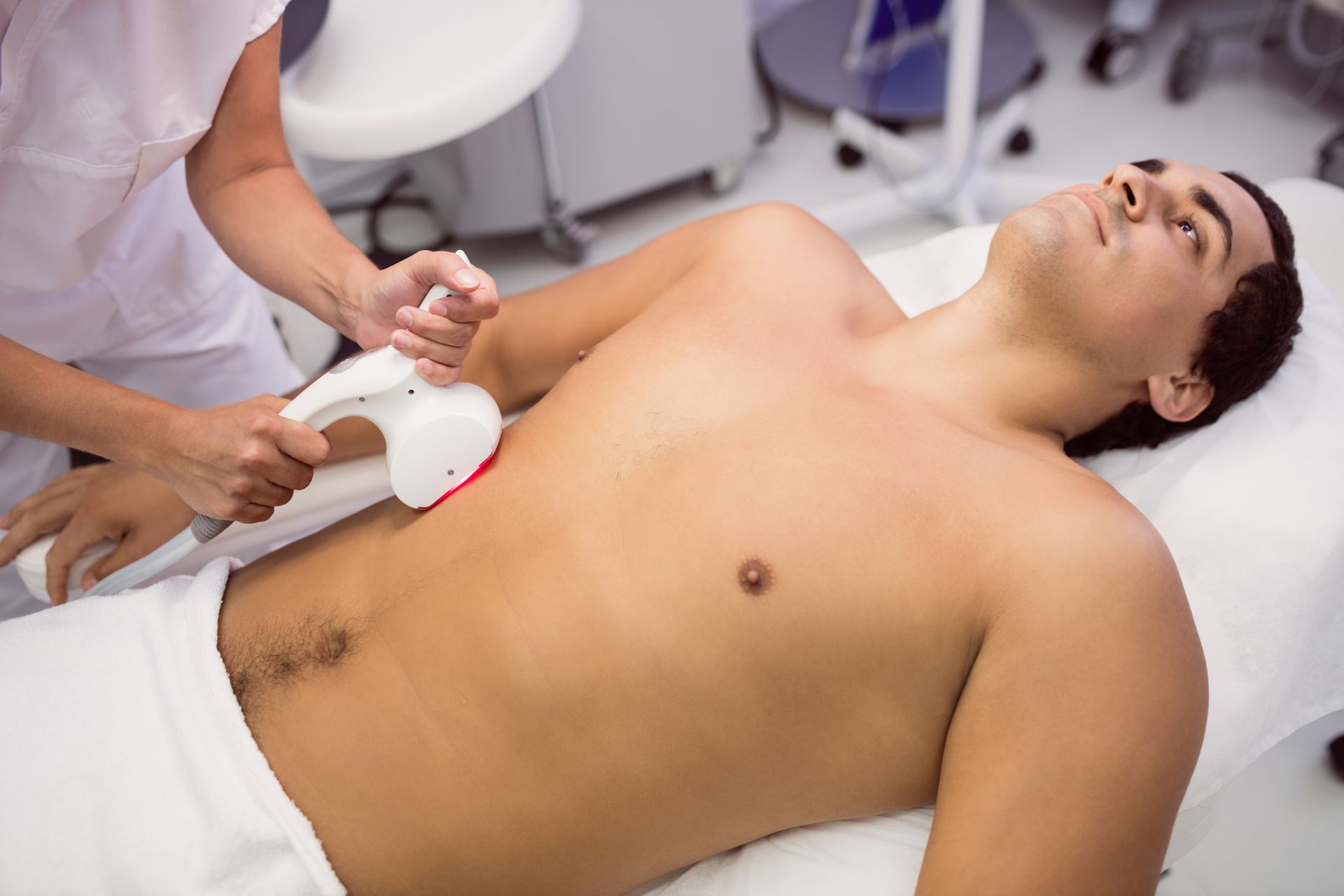How Expensive Is Laser Hair Removal for the Face?
Laser hair removal is one of the most sought-after cosmetic treatments today, offering a sleek, long-term solution to unwanted facial hair. Whether it’s the upper lip, chin, sideburns, or jawline, many people—regardless of gender—are turning to lasers to ditch razors, tweezers, and waxing once and for all.
But one question always lingers: how expensive is laser hair removal for the face? Is it affordable? Is it worth it? Or is it one of those luxury treatments that cost a fortune?
In this guide, we’ll break down the actual costs, what influences them, the long-term value of the treatment, and expert-backed advice from Huggie Beauty, where professionals help clients of all skin types and hair textures achieve their goals safely and effectively.
What’s the Average Cost of Laser Hair Removal on the Face?
The price of facial laser hair removal can vary widely depending on the specific area being treated, the number of sessions required, and the clinic you choose. Here’s a general idea of what you might expect per session:
Upper lip: $60–$120
Chin: $70–$150
Sideburns: $80–$130
Jawline or neck: $100–$200
Full face: $250–$450
Most people need 6 to 8 sessions for significant, lasting results, spaced about 4–6 weeks apart. This means the total cost can range from $400 for a small area to over $2,500 for full-face treatments across the entire course.
Does laser hair removal on face cause more hair?
What Affects the Cost?
1. Treatment Area Size
Larger areas naturally cost more. Treating the full face is more time- and energy-intensive than targeting a small area like the upper lip.
2. Hair and Skin Type
Laser works best on darker, coarse hair with lighter skin. People with finer, lighter hair or deeper skin tones may require more specialized lasers and extra sessions, which can increase costs.
3. Clinic Location and Reputation
Big-city clinics often charge more than smaller-town counterparts. Additionally, established clinics like Huggie Beauty—which offer highly trained technicians and state-of-the-art machines—may come with a higher price tag, but also greater peace of mind and better results.
4. Technology Used
There are different types of lasers (e.g., Alexandrite, Nd:YAG, Diode). Some are faster, more effective, or safer for certain skin tones. Clinics using newer, FDA-approved equipment may charge more, but the investment often means fewer sessions and better outcomes.
Are There Hidden or Ongoing Costs?
There aren’t necessarily hidden costs, but there are a few things to be aware of:
Consultation fees (usually $25–$100), though many places like Huggie Beauty offer this free of charge.
Aftercare products (aloe vera gel, SPF, or soothing creams), which are usually low-cost but important for recovery.
Maintenance sessions: Even after completing your initial series, you may need 1–2 touch-ups per year, typically costing 20–30% less than regular sessions.
Is At-Home Laser Hair Removal Cheaper?
At-home laser devices offer a more affordable alternative, typically ranging from $200 to $500 for the device itself. However, they are less powerful than professional machines and not always effective for all hair or skin types. Results tend to be slower and less dramatic.
While convenient, home lasers require a lot more patience and often don’t deliver the same results as a professional treatment plan from clinics like Huggie Beauty. If you want reliable, long-lasting results—professional treatment is often worth the higher upfront investment.
Is It Worth the Price?
Think of it this way: If you spend $15–$30 per month on waxing or threading, that’s $180–$360 per year—and you’ll be doing that for decades. Add in razors, creams, and the time spent maintaining your face, and you’ll likely spend thousands over a lifetime.
Laser hair removal, on the other hand, is a one-time investment (plus occasional touch-ups) that can significantly reduce or eliminate the need for regular maintenance.
And it’s not just about hair—it’s about skin health and confidence. No more irritation, ingrown hairs, or redness after waxing or shaving. Just smooth, clean skin every day with zero effort.
Tips to Make Laser Hair Removal More Affordable
If you’re on a budget, don’t worry. Here are a few smart ways to reduce costs:
Buy session packages: Most clinics offer discounted rates when you buy a bundle of sessions.
Follow your schedule: Delaying sessions or skipping them can lead to incomplete results, costing more in the long run.
What About Pain and Side Effects?
Modern lasers come with cooling systems that greatly minimize discomfort. You might feel a slight snapping or stinging sensation, but it’s brief and tolerable. Afterward, you may experience mild redness or swelling, which usually subsides within hours.
With expert guidance from professionals at Huggie Beauty, who tailor each session to your specific skin and hair type, the treatment is not only more effective—but also safer and more comfortable.
How Laser Hair Removal Feels on Every Body Part
Conclusion: Laser Hair Removal for the Face—A Pricier Option, or a Priceless One?
Laser hair removal for the face is definitely an investment—but for many, it’s one that pays off in smooth skin, freedom from daily maintenance, and years of saved time and money.
Whether you’re dealing with peach fuzz, stubborn chin hair, or a shadowy upper lip, professional treatments from trusted clinics like Huggie Beauty can deliver lasting results and a boost of confidence.
So while it may feel expensive at first, the real question is: what is your comfort, time, and clear skin worth to you?










